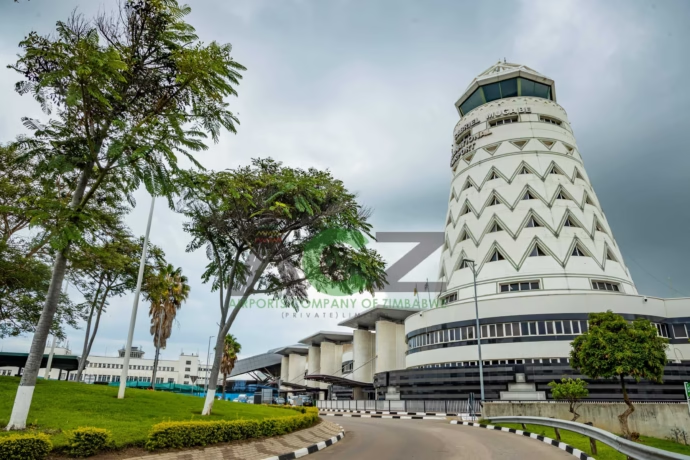
In a landmark event at the Harare International Conference Centre (HICC), conservationists and park officials gathered to discuss innovative approaches to resolving conflicts between humans and wildlife within Zimbabwe’s parks. The workshop, themed “Avoiding Animal and Human Conflicts in Parks,” focused on proactive strategies to ensure wildlife protection while fostering peaceful coexistence with local communities.

The positive outcomes of the workshop underscore the commitment of Zimbabwe’s parks to preserve biodiversity and protect wildlife. One of the standout proposals was the formation of a specialized team tasked with safeguarding animals from human interference, including habitat destruction and poaching. This initiative demonstrates a forward-thinking approach to mitigating conflicts, with the goal of reducing negative encounters that often harm both humans and animals.
The workshop also emphasized the importance of collaboration with private sector players. By encouraging companies to support conservation efforts through funding and resource contributions, park authorities aim to strengthen the overall protection of wildlife while boosting sustainable community development. This partnership between public institutions and the private sector is seen as a critical component in advancing conservation goals. Engaging businesses brings additional resources and expertise, contributing to long-term solutions that benefit both nature and the economy.
The emphasis on cooperation marks a shift towards a more holistic view of conservation, one that recognizes the value of all stakeholders, including local communities, businesses, and government entities. By ensuring that communities living near parks are involved in conservation efforts, the workshop highlights the role that shared responsibility plays in achieving lasting harmony between humans and wildlife.
The proactive measures discussed at the workshop reflect a broader understanding of the complex challenges facing parks today. Habitat loss, human encroachment, and the pressures of modernization have all contributed to rising human-wildlife conflicts. However, the solutions proposed during the workshop illustrate that these challenges can be addressed through creative, collaborative, and forward-looking strategies.
As park officials and conservationists move forward with implementing these plans, the overall outlook is positive. The commitment shown by all stakeholders at the workshop signals a bright future for Zimbabwe’s parks, where wildlife can thrive in harmony with human communities. By promoting sustainable practices and engaging a wide range of partners, the workshop has laid the foundation for a more balanced, resilient ecosystem.
With continued support from private companies, local communities, and government authorities, Zimbabwe’s parks are poised to become models of conservation success. As these efforts unfold, the positive ripple effects on tourism, local economies, and environmental sustainability will likely benefit Zimbabwe for generations to come.
This workshop has sparked optimism among conservationists, and its outcomes represent a significant step forward in addressing one of the most pressing issues in wildlife conservation today. The hope is that with consistent efforts, Zimbabwe can lead the way in demonstrating how human and wildlife populations can coexist peacefully and prosperously.




